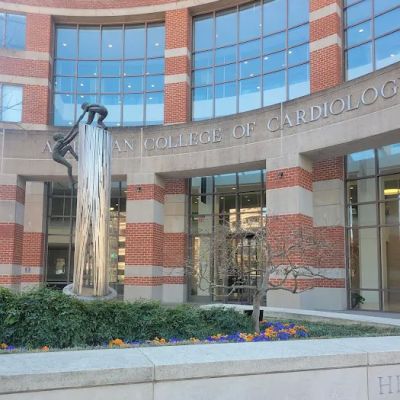- 1-Understanding-Heart-Disease-and-Heart-Murmurs
- 2-Common-Symptoms-of-Heart-Disease
- 3-Recognizing-Heart-Murmur-Symptoms
- 4-Causes-and-Risk-Factors-for-Heart-Murmurs
- 5-Diagnosing-Heart-Disease-and-Murmurs
- 6-Management-and-Treatment-Options
- 7-Real-Life-Case-Studies-and-Expert-Advice
1. Understanding Heart Disease and Heart Murmurs
Heart disease remains a leading cause of death in the United States, affecting millions of individuals across age groups. Among the many indicators of heart problems, heart murmurs often raise concerns during routine medical exams. A heart murmur is an unusual sound heard between heartbeats, caused by turbulent blood flow within the heart. While some murmurs are harmless, others can signify serious heart conditions.
Understanding the connection between heart disease and heart murmur symptoms is crucial for early detection and effective management. Not all murmurs indicate heart disease, but many cardiovascular issues manifest with murmurs as a symptom, making awareness vital for timely intervention.

1.1 The Role of Heart Murmurs in Cardiovascular Health
Heart murmurs can either be innocent (harmless) or abnormal (indicating underlying heart problems). Innocent murmurs often occur in healthy individuals and don’t require treatment. Abnormal murmurs, however, may point to valve malfunctions, congenital defects, or other cardiac conditions requiring medical attention.
Atlanta Heart Specialists
atlanta heart specialists
4375 Johns Creek Pkwy #350, Suwanee, GA 30024, USA

2. Common Symptoms of Heart Disease
Symptoms of heart disease vary widely depending on the type and severity of the condition but often include chest pain, shortness of breath, fatigue, irregular heartbeat, swelling in the legs, and dizziness. Early symptoms can be subtle, which is why many individuals overlook them until the disease progresses.
According to the American Heart Association, recognizing these symptoms early and seeking medical care can significantly improve outcomes. For example, Mrs. Thompson, a 58-year-old woman, noticed unexplained fatigue and mild chest discomfort. Upon consulting her doctor, she was diagnosed with coronary artery disease, demonstrating how early symptom awareness can lead to lifesaving treatment.
3. Recognizing Heart Murmur Symptoms
Heart murmurs themselves are typically detected during a physical exam using a stethoscope. Symptoms that may accompany abnormal murmurs include palpitations, shortness of breath, fainting, and swelling in the abdomen or legs. These signs suggest that the murmur is linked to an underlying heart problem requiring further investigation.
In children, heart murmurs may present alongside cyanosis (bluish skin), poor feeding, or failure to thrive. Parents noticing these signs should seek pediatric cardiology evaluation promptly.
4. Causes and Risk Factors for Heart Murmurs
Abnormal heart murmurs can arise from various causes such as valve stenosis or regurgitation, septal defects, or cardiomyopathy. Risk factors increasing the likelihood of abnormal murmurs include high blood pressure, rheumatic fever history, congenital heart defects, and age-related valve degeneration.
Understanding these factors helps individuals assess their risk and underscores the importance of routine checkups for those with predisposing conditions.
5. Diagnosing Heart Disease and Murmurs
After detecting a murmur, physicians often order diagnostic tests such as echocardiograms, electrocardiograms (EKG), chest X-rays, or cardiac MRI. These tests provide detailed images and information about heart structure and function, helping pinpoint the exact cause of the murmur and any associated heart disease.
Early and accurate diagnosis enables tailored treatment plans that improve quality of life and reduce complications.
6. Management and Treatment Options
Treatment for heart disease and abnormal murmurs depends on the underlying cause. Mild valve issues might require monitoring and medication to control symptoms, while severe valve defects may necessitate surgical repair or replacement.
Lifestyle modifications such as a heart-healthy diet, exercise, and smoking cessation play a critical role in managing cardiovascular health. Medications including beta-blockers, ACE inhibitors, and anticoagulants are commonly prescribed to manage symptoms and prevent progression.
7. Real-Life Case Studies and Expert Advice
Consider David, a 45-year-old diagnosed with mitral valve prolapse after an abnormal murmur was detected. With proper medication and lifestyle changes, David successfully managed his condition for years without major complications.
Healthcare professionals emphasize that awareness of heart disease and heart murmur symptoms coupled with regular medical care is the key to prevention and effective treatment. For personalized advice and comprehensive heart health services, visit HeartCare Hub to find trusted resources and support.





















Deborah Heart and Lung Center
deborah heart and lung center
200 Trenton Rd, Browns Mills, NJ 08015, USA